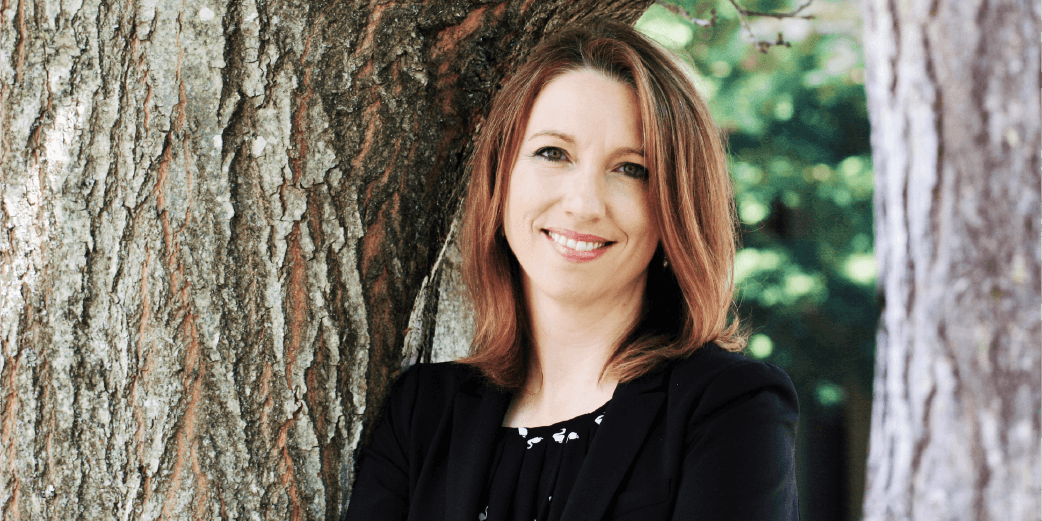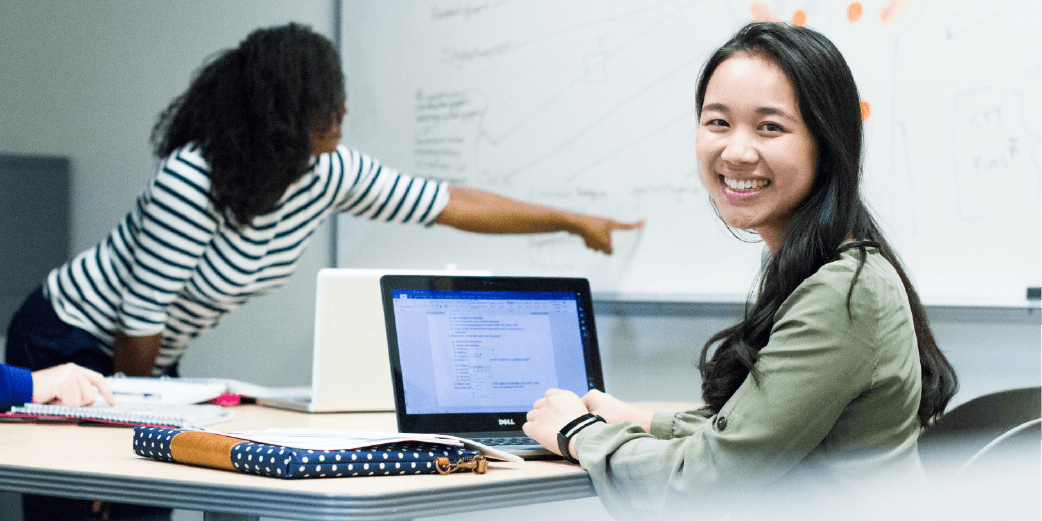About the Lab
Welcome to the Swallowing Innovations Lab! Founded by Dr. Stacey Skoretz in 2016, the lab is the first of its kind at the University of British Columbia and in Western Canada.
Our Goals
…Skoretz and colleagues have performed a considerable service in moving us from determining whether it [dysphagia] commonly occurs to working out how we can better understand its nature and begin to initiate programs to prevent and mitigate its consequences.

Dr. Stacey Skoretz
PhD, CCC-SLP, SLP (C), R.SLP
Dr. Skoretz is the Director of the Swallowing Innovations Lab and a medical Speech-Language Pathologist. She is an Assistant Professor at the University of British Columbia’s School of Audiology and Speech Sciences and an Assistant Clinical Professor in the Department of Critical Care Medicine at the University of Alberta. In addition, she is appointed as an Associate Member with the Centre for Heart Lung Innovation at St. Paul’s hospital, Staff Scientist with Providence Health, an Affiliated Investigator with Vancouver Coastal Health, and a Research Affiliate with Fraser Health.

Our Team
At the Swallowing Innovations Lab we bring together: researchers from multiple disciplines; post-doctorate, graduate, and undergraduate trainees; clinicians at the forefront of their practice, and patients. Our dynamic team is focused on improving care and quality of life for individuals with dysphagia.
